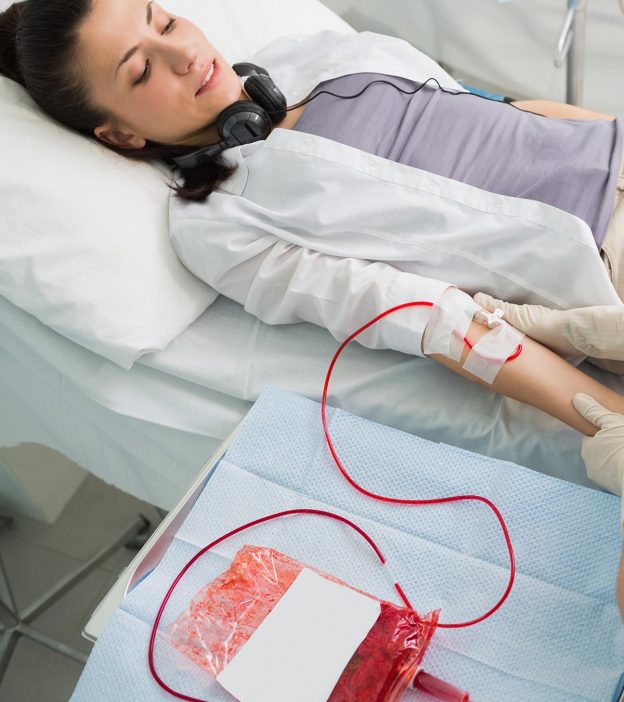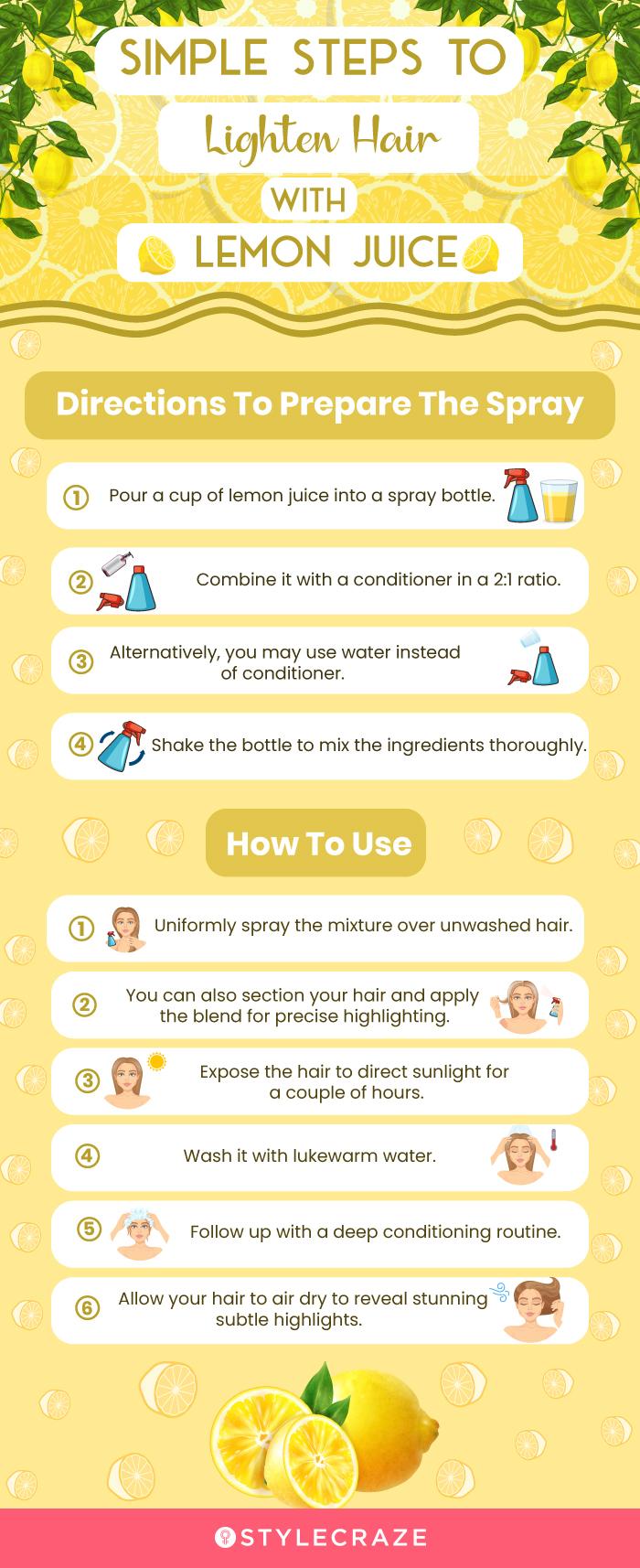Table Of Content

Keep in mind that “if applied directly to the scalp, it can sting, burn and cause skin irritation, if not properly done,” Satorn tells Romper. If you want to go for a lighter shade on your head, bleaching is usually the tool of choice. And like hair dye, hair bleaching products are likely safe to use during pregnancy, but more research is needed. If you prefer to decrease any risks, try getting highlights instead of full coloring. This would limit the chemicals that come in contact with your skull.
Keep Your Body And Mind Healthy: 5 Inspirational Stories From Female Athletes
However, "none of this stuff has been tested in pregnancy, and it's not going to be," Streicher says. "No one's going to take 10,000 pregnant women and have them all dye their hair once a month and see if the babies turn out OK." And during pregnancy, all those hours coloring and cutting hair can be even more exhausting. “If you’re getting a perm or relaxer treatment done at the salon, ask them about their ventilation practices.
Can I Blow Dry My Hair While Pregnant? (Do’s and Don’ts)
A person can use natural box dyes in the same way they use chemical hair dye. If a person is using powdered henna, they will have to mix it with water to form a paste before application. A person can also reduce exposure to chemicals by highlighting their hair rather than dyeing it. Highlighting hair involves using a cap that covers the scalp, which can reduce the amount of dye that reaches a person’s skin. In addition, they suggest that a person may wish to wait until after the first 12 weeks of pregnancy. This is when the risk of chemicals harming the fetus is much lower.
Can You Dye Your Hair When You're Pregnant? - Yahoo New Zealand News
Can You Dye Your Hair When You're Pregnant?.
Posted: Thu, 12 Nov 2020 08:00:00 GMT [source]
Alternatives to bleaching your hair during pregnancy
It is best to steer clear of it and choose ammonia-free products instead. As you enter the third trimester, there is another factor to consider – your comfort in sitting still for a considerable time to get your hair bleached. Plus hormonal fluctuations tend to affect the end results of hair treatments.
What is the best hair dye for pregnant people?

Information from Mother To Baby notes that the effects of hair dye on a nursing baby are unknown. The nonprofit organization Mother To Baby states that no studies on human pregnancy suggest that using hair dye during pregnancy can increase the chance of pregnancy loss. If a person is using hair dye at home, they should try and keep the space well ventilated. They can do this by opening windows and doors or using ceiling fans. Patch tests can help see if a person is allergic to any ingredients in the hair dye. Allergic reactions to hair dye can cause serious symptoms, such as swelling of the throat and difficulty breathing.
Hair Treatment During Pregnancy
"Generally, as with most exposures in pregnancy, waiting until after the first trimester to dye or bleach one's hair is advisable," Aziz tells Allure. "After this period, the risk of chemical substances harming the fetus is much lower." "Generally, as with most exposures in pregnancy, waiting until after the first trimester to dye or bleach one's hair is advisable," Aziz tells Allure. If you choose to perm, bleach, or dye your hair during pregnancy, consider taking some precautions. Wait until the second or third trimester, ensure you’re in a well-ventilated area during treatment and use gloves when handling chemicals.
Precautions To Take While Bleaching Hair During Pregnancy
You can dye your hair at any point during pregnancy, and experts advise taking cautionary measures (i.e., gloves and a well ventilated area) regardless of how far along you are. But some stages of fetal development are more sensitive than others. Be sure to consult with a healthcare provider about your circumstances if you have any questions about using hair toner while pregnant. Most hair dyes contain chemicals, but your scalp doesn't absorb much of the hair dye, especially if you have a healthy scalp. In general, you do not need to lose sleep over the decision to color your hair in pregnancy. Bleaching your hair usually means exposing yourself to strong chemicals such as ammonia and hydrogen peroxide.
Keep reading to know what types of dye are safest for you and baby. It’s hard to keep track of everything you should or shouldn’t do when you’re pregnant. If you aren’t sure if something is safe, don’t be afraid to ask your healthcare provider.
Instead, only a minimal amount will be absorbed, and that amount probably won’t even be enough to make it to the baby’s body in utero. However, there are certain precautions you can take to make sure your baby is extra safe. If you are coloring your own hair, make sure to wear gloves to minimize chemical exposure to your skin. Also, be sure to wash any skin that may have been touched by color treatments well afterward.
"There's a lot of thought about whether hormones during pregnancy can alter the shape of the hair follicle. The shape of the follicle dictates the shape of the hair fiber." Some research also suggests that hair strands actually thickens during pregnancy. "We measured hair diameter in the third trimester and after pregnancy, and it's definitely thicker during pregnancy." You can make dyed hair last longer during your journey of pregnancy by using sulfate-free shampoo, washing with cold water and keeping heat styling sessions to a minimum.
According to the experts, the answer isn't a straightforward yes or no. If you’re on the fence, consider checking out vegetable or henna-based dyes, suggests Gaither. “Bleaching the hair — whether it’s highlights, balayage or bleach [and] tone — is a process where bleach is applied to your hair to lighten your strands,” Satorn says. “The bleach will open up the hair cuticle, penetrate the hair cortex, and dissolve the hair’s natural melanin.” Hair bleach, says King, is mainly hydrogen peroxide.
If you’re in a salon, ask to be seated in a well-ventilated area. The data, published in 2022, suggests a relationship, but much more research needs to happen to define that relationship. In other words, scientists can’t say, based on the available information, that using hair straightening products actually increases your cancer risk.

No comments:
Post a Comment